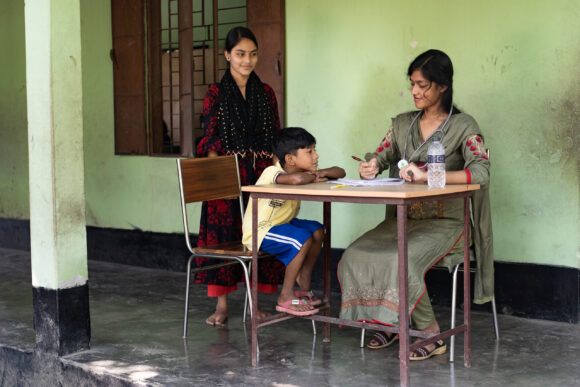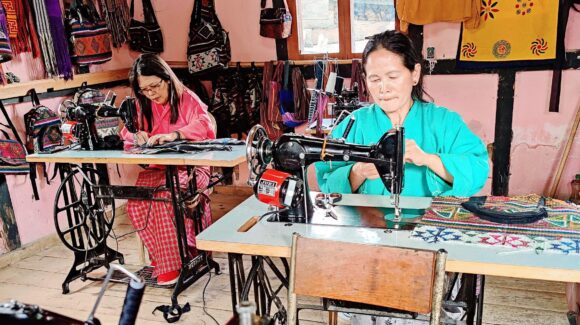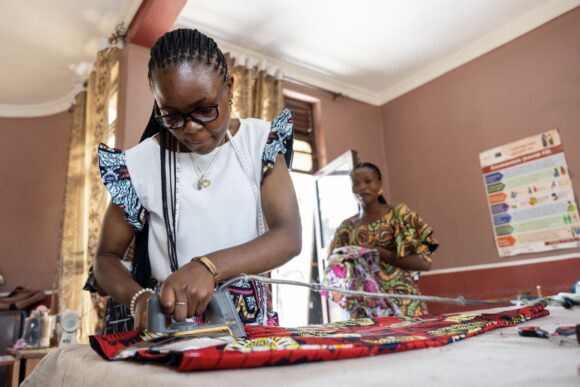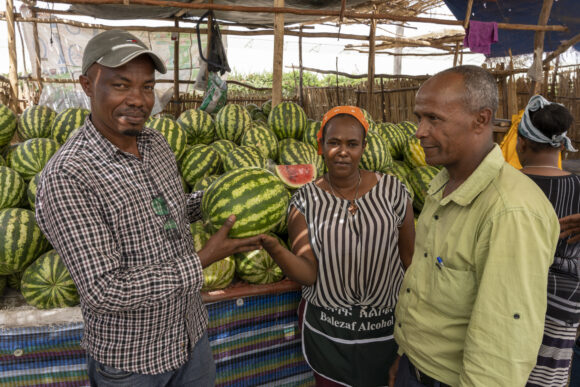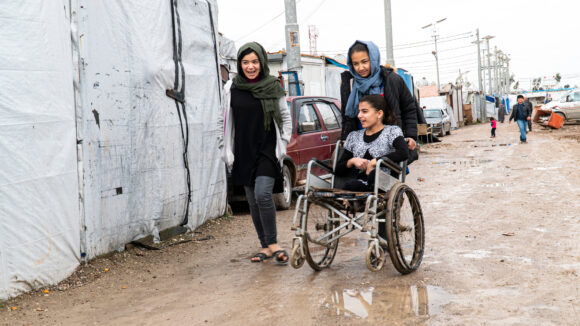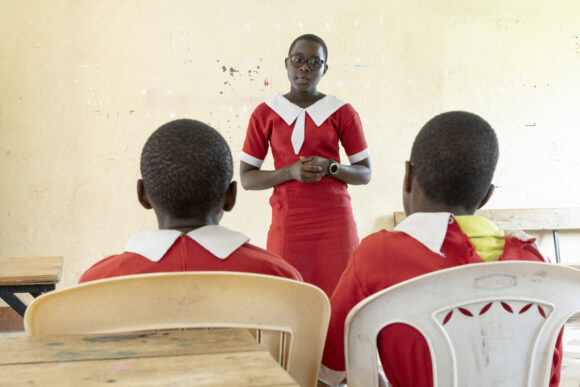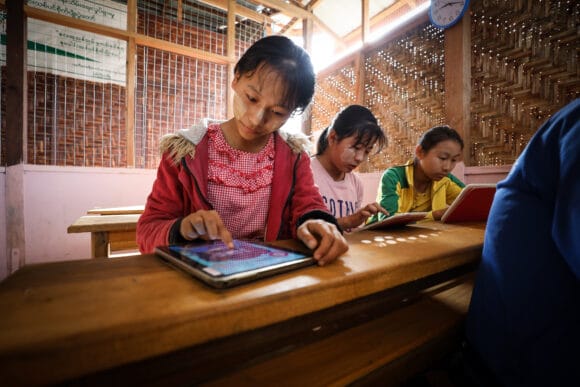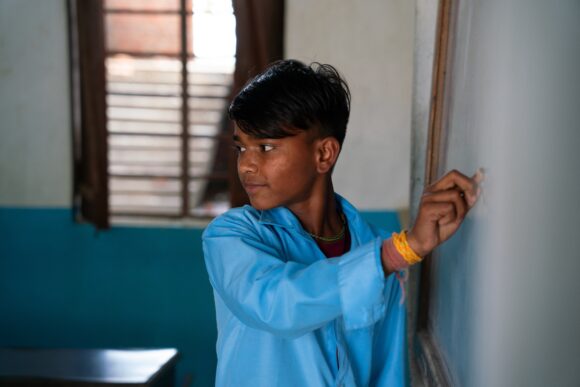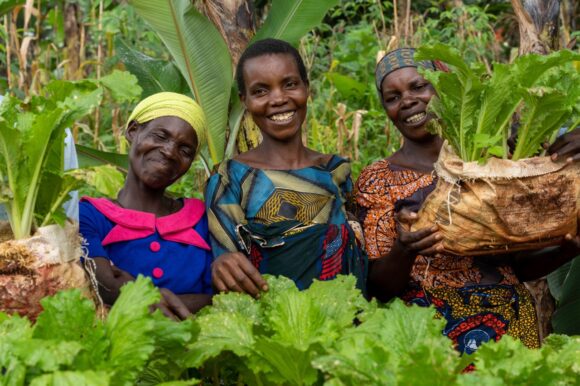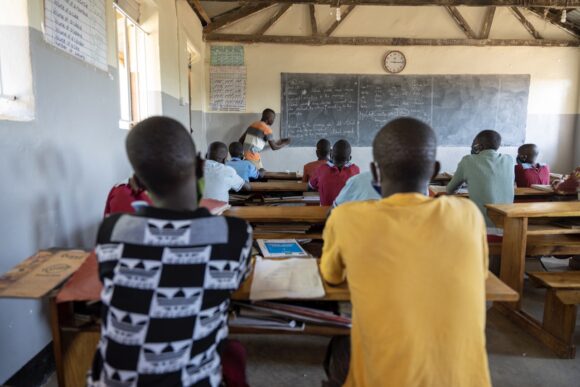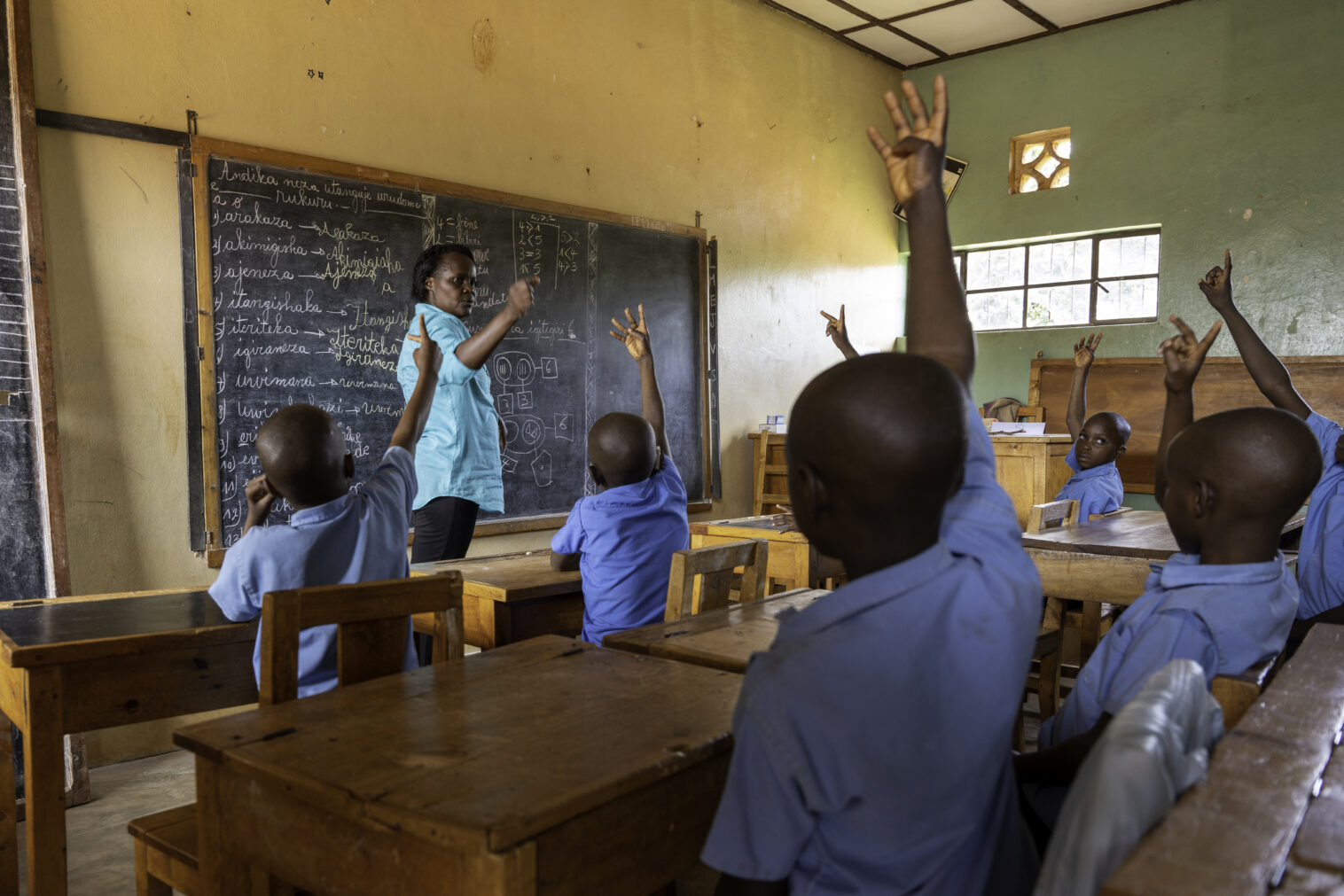
In Burundi, we promote the right to quality education for children and young people. We work alongside a Burundian Pentecostal Church, CEPBU.
Burundi is one of the poorest countries in the world. More than half of the population lives in poverty, and minorities and indigenous peoples, such as the Batwa, are in extremely vulnerable positions.
Access to education is one of the major societal challenges in the country, with more than half of Burundian children not finishing school. Reasons for this include family poverty, low-quality education, and teenage pregnancy. Access to education is especially difficult for children with disabilities, pre-school age children, and early school leavers. In fact, the education system in Burundi does not include pre-school education. Further, children with disabilities do not have access to education, as schools are not accessible and school journeys are often very long.
Vocational Training for Early School Leavers, Continuing Education for Teachers
The Fida Country Programme promotes the right to quality education for Burundian children and young people. The aim is for parents to have sufficient resources to support their children’s education, and for families and young people to find work after completing entrepreneurship training. A local Pentecostal Church, CEPBU, acts as Fida’s partner. Work is being carried out in the provinces of Bubanza, Cibitoke, and Ngozi.
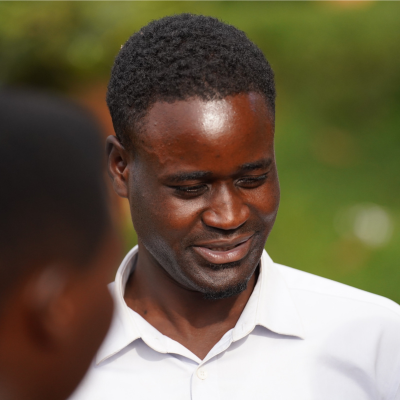

I would like to be a businessman and help others through my business endeavours. My goal is to open a banana business.
Omer, a young Burundian man who completed entrepreneurship training.
Alongside its partners, Fida supports teachers’ professional development by organising training on early childhood education. Children learn about their rights in children’s parliaments. Early school leavers are supported by offering them vocational and entrepreneurship training.
Sustainable Development Measures, and Training on Sexual Health and Rights
Local communities receive training in agribusiness, so that farmers can produce enough food for their families and improve their livelihoods. Additionally, psychosocial support is offered, as well as training on reproductive and sexual rights.
Peace and cohesion among communities is promoted through peacebuilding work. The local partner receives training on efficient use of funds, advocacy work and sustainable development measures.
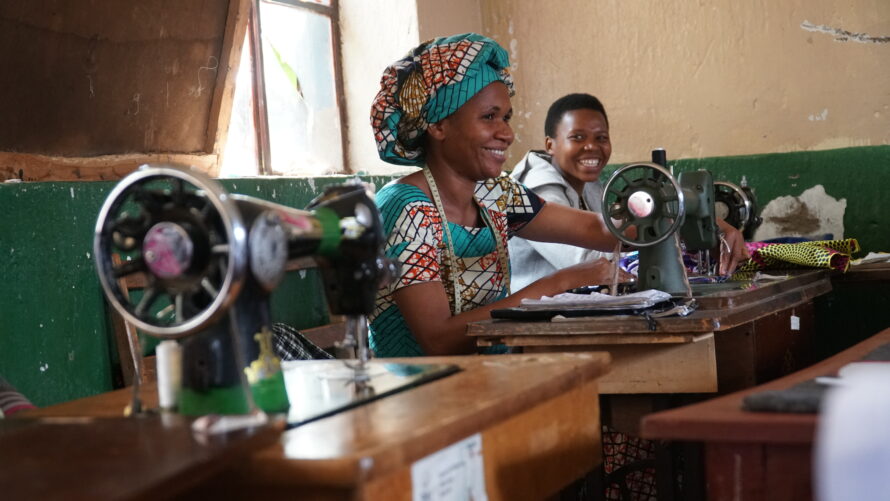

Get to know our work
